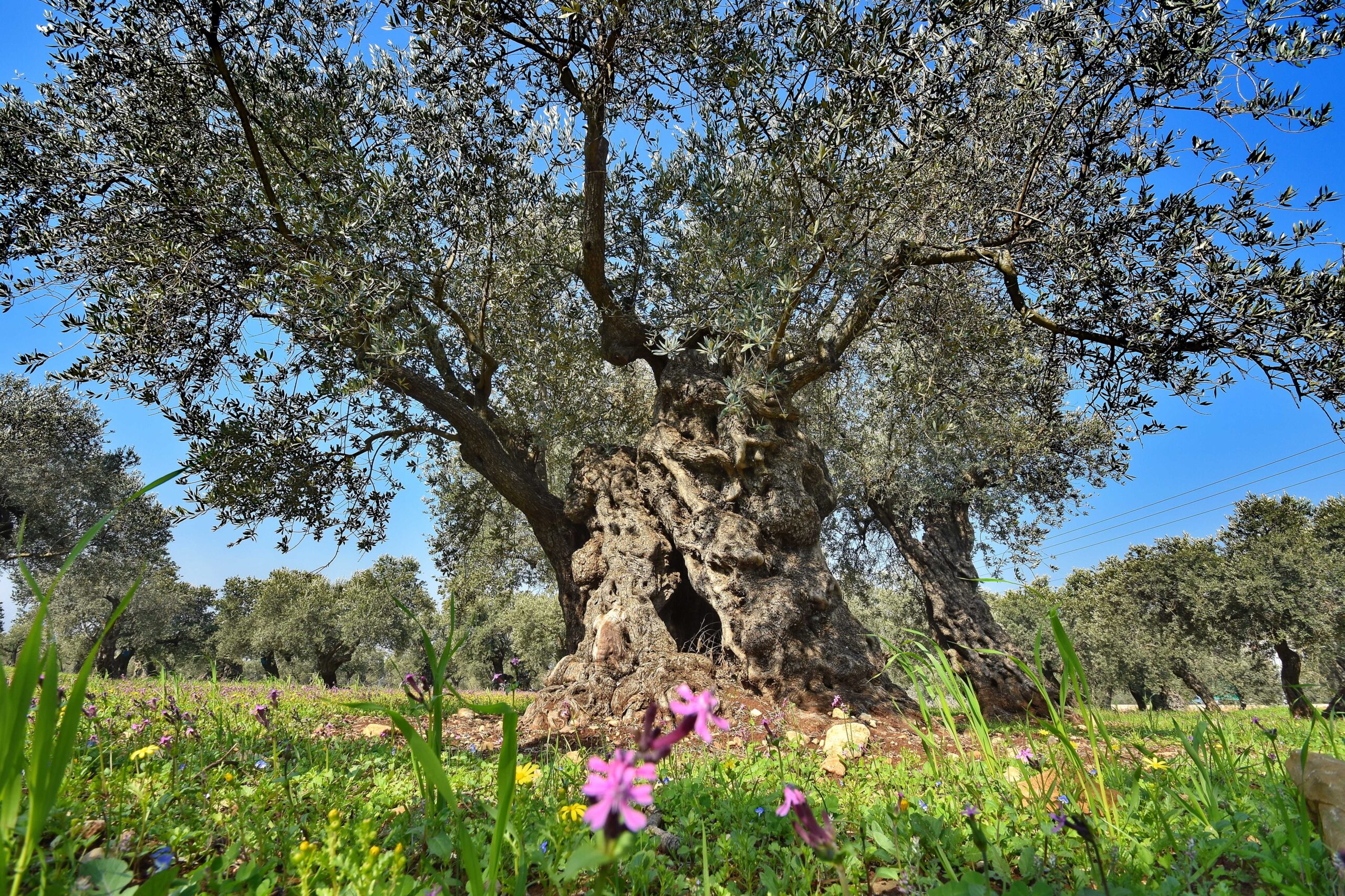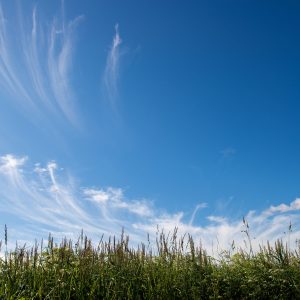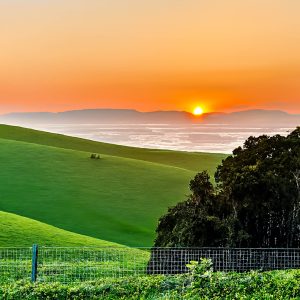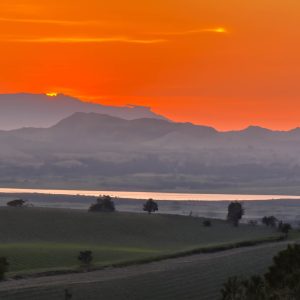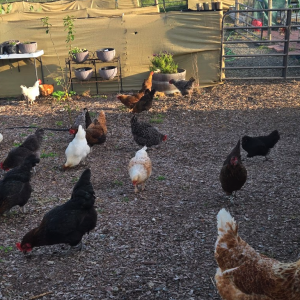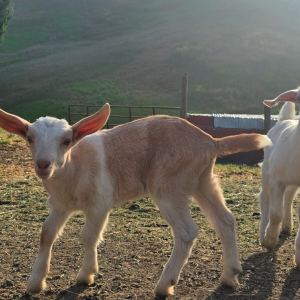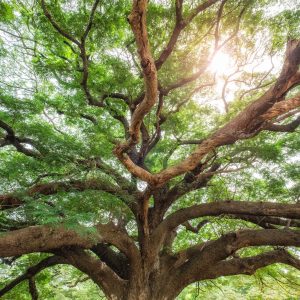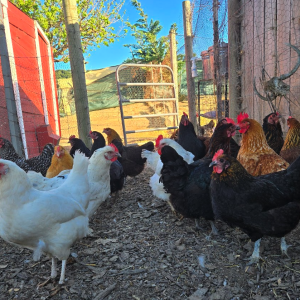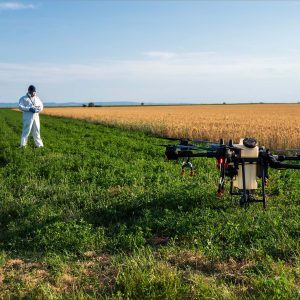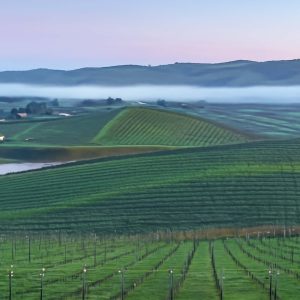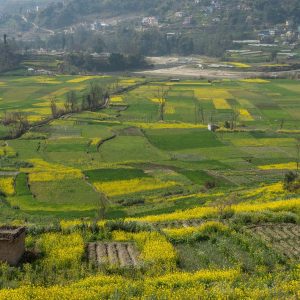The Golden Elixir of Palestine: Olive Oil’s Deep Roots in Culture and Resistance
A Tree of Life, A Legacy of Generations
In the heart of Palestine, where ancient landscapes stretch beneath golden sunsets, there stands a tree older than empires—the olive tree. Twisted, resilient, and deeply rooted, it is more than just a tree; it is a witness to history, a keeper of traditions, and a symbol of survival.
For Palestinians, olive oil is not just a cooking ingredient—it is a sacred gift, passed down through generations. It tells stories of families gathered in sun-drenched groves, of hands stained with ripe olives, and of a people who refuse to be uprooted.
Olive Oil in Everyday Palestinian Life
🍞 The Morning Ritual: Bread, Za’atar, and Olive Oil
Imagine waking up in a Palestinian home. The air is filled with the warm scent of freshly baked taboon bread. At the breakfast table, a small bowl of golden-green olive oil sits next to za’atar, a fragrant mix of wild thyme, sesame seeds, and sumac. Every morning begins with the same sacred motion: dipping, swirling, and savoring.
This simple act is more than a meal; it’s a taste of heritage, a ritual of connection.
🍗 The Heart of Palestinian Cuisine
Olive oil is the secret behind many traditional dishes:
- Musakhan – The national dish of Palestine, where sumac-spiced chicken rests on caramelized onions and soaked taboon bread, drenched in rich olive oil.
- Maftoul (Palestinian Couscous) – Hand-rolled couscous is steamed and served with tender chicken and a generous drizzle of olive oil.
- Fattoush & Hummus – No Palestinian salad or dip is complete without that final shimmering drizzle of olive oil, sealing in flavor and tradition.
But olive oil isn’t just food—it’s medicine, beauty, and light. Elders swear by its healing properties, using it for skincare, hair treatments, and even curing ailments. In religious ceremonies, it fuels sacred lamps and anoints the faithful.
The Olive Harvest: A Celebration of Family and Land
Every autumn, October and November bring a time of gathering and gratitude—the olive harvest. Families, young and old, head to their ancestral groves, baskets in hand. Grandmothers sing traditional songs, fathers climb ladders to shake the branches, and children race to collect the fallen fruit.
It is a season of hard work, but also one of joy, laughter, and unity. In village courtyards, olives are pressed into the year’s first batch of olive oil, its fresh, peppery aroma filling the air.
This is more than farming; it is an act of defiance, a statement of belonging to the land.
Olive Trees: Symbols of Resistance and Survival
The olive tree is not just an economic lifeline; it is a symbol of Palestinian identity and resistance. Some of the world’s oldest olive trees, over 2,000 years old, stand in the hills of Palestine—silent witnesses to time, war, and struggle.
But these trees are under threat. In the West Bank, Palestinian farmers often find their ancient groves destroyed, burned, or stolen. Land confiscation and settler violence make olive harvesting a dangerous task. Yet, the farmers return, year after year, replanting what is lost.
A Palestinian proverb says:
“They uproot a tree, we plant ten.”
This resilience turns the olive tree into more than just a crop—it becomes a living emblem of perseverance.
A Legacy That Lives On
For Palestinians, olive oil is not just about food—it’s about identity, heritage, and hope. Every drop carries the flavor of history, the bitterness of struggle, and the richness of a people who refuse to be erased.
So the next time you drizzle olive oil over your hummus, take a moment to think of the hands that picked the olives, the voices that sang in the groves, and the stories whispered through the ancient trees.
Because in Palestine, olive oil is more than just oil—
It is the taste of home. 🌿✨

